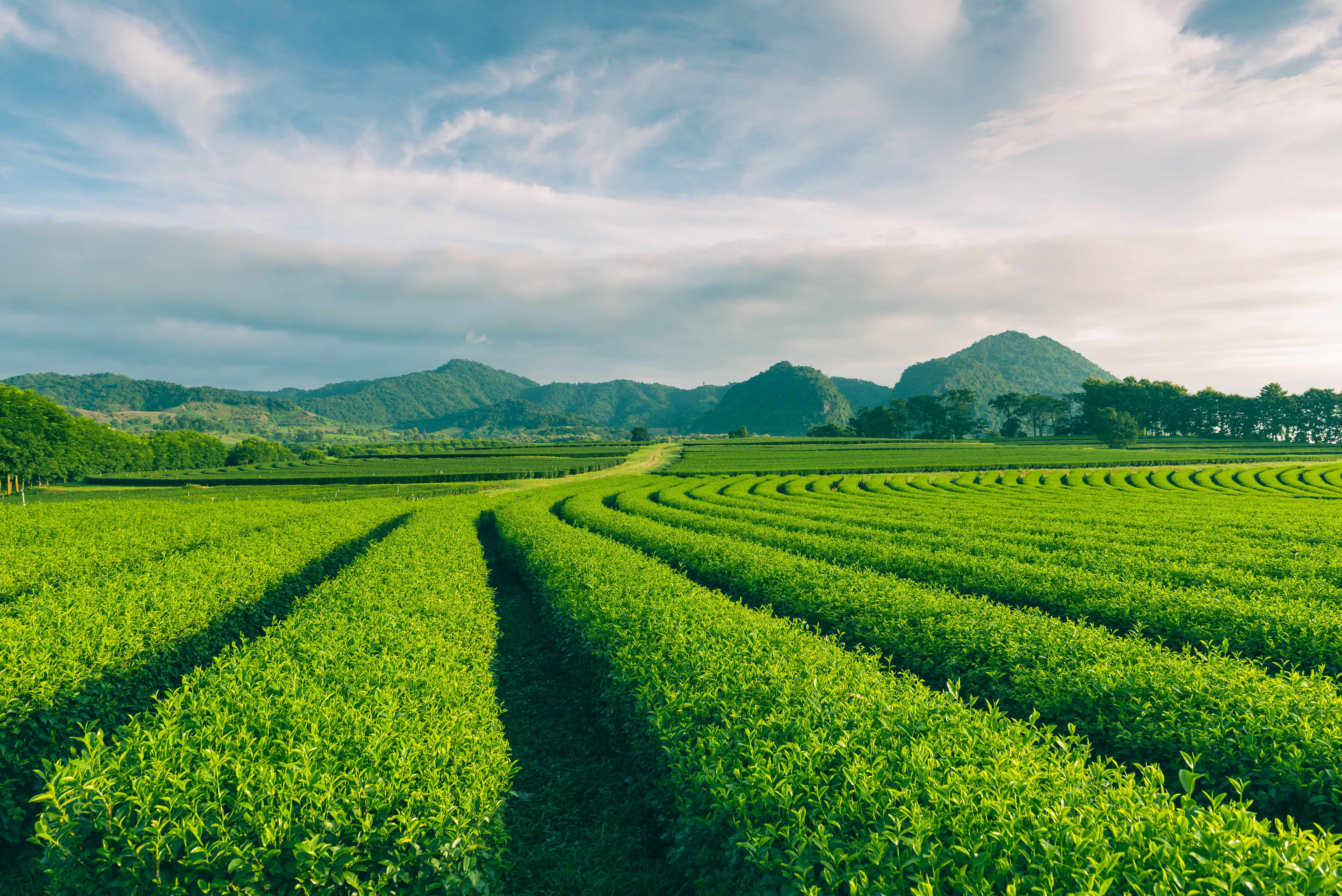Opportunities for animal agribusiness recruitment in Vietnam
Vietnam is the fifteenth most populated country in the world, with a population of over 96 million people. Feeding such a large population is obviously a priority and as such, the country has a very high proportion of land use set aside for permanent crops. Animal agribusiness is also vital to Vietnam, and although the livestock industry has faced numerous challenges in recent years, not least in terms of the Covid-19 pandemic, the country now has one of the highest volumes of pork production in the world. Whilst there are hurdles to overcome, the outlook for animal agribusiness in Vietnam is largely positive and on the rise. In this article we’ll explore Vietnam’s animal agribusiness sector in more depth; taking a look at the problems the industry is facing and what’s being done to ensure a positive, sustainable future.
Vietnam’s animal agribusiness sector
Pork is the most consumed meat in Vietnam and this high level of consumption correlates directly with the country’s pork production. In 2021, Vietnam was one of the world’s largest producers of pork. Thanks to such a huge, rising demand, pork production in Vietnam is evolving from small, largely backyard operations which rely upon locally produced feed, towards large-scale, full-time farms which use more efficient production methods and formula feeds developed by feed mills. This is an interesting area of the country’s agribusiness industry and in order for it to keep step with rising demand, it’s likely that animal agribusiness agencies in Vietnam will see an increase in this particular segment.
Although the development of more efficient pig farming practices is an important consideration for Vietnam’s farmers, the pig production industry is continuing to face other difficulties. As already mentioned, the Covid-19 has undoubtedly had an adverse effect, whilst epidemics in livestock are difficult to prevent. As a result, the selling price of livestock has fallen, whilst the cost of animal feed has continued to rise.
Pig production in particular continues to face problems caused by an outbreak of African swine fever. Despite the fact that the outbreak is now largely under control, small outbreaks have popped up and close prevention measures are sorely lacking. Once again, this is yet another are where an increase in the recruitment of individuals with expertise in areas such as animal health, nutrition and feed would prove beneficial.
Concerns have also been raised regarding the health of Vietnam’s poultry flocks. Outbreaks of highly toxic avian flu have continued to reoccur, and because poultry production is Vietnam’s second largest animal agricultural sector, improvements in the safety and quality of poultry products will be essential if the country is to fulfil its aim of becoming a major meat exporter.
Rapid urban growth places demands upon animal agriculture in Vietnam
Hanoi city is growing at an exponential rate and as such, a livestock production strategy is required in order to ensure food security and the livelihood of many of the city’s population. The speed of Hanoi’s urbanisation has resulted in a need to safeguard urban agriculture, whilst taking into account concerns such as efficiency, product quality, food security, environmental protection and income for farmers. As a result, Hanoi’s authorities have put into place a livestock production development plan which began in 2020 and is set to last until 2030. The main aims of the plan are to increase productivity and the quality of animal-based foodstuffs, ensuring safety and food hygiene and to develop a large, concentrated commodity production which is sufficient to meet the demands of local consumers and export standards. This is an ambitious plan and one which is certain to call for further recruitment on the part of animal agribusiness agencies in Vietnam, such as Peak Recruit.
Future prospects
Over the last few years, Vietnam has enjoyed a significant amount of investment in its livestock industry. Although many investors are based overseas, many have established joint ventures in Vietnam, whilst recent investors have included increasing numbers of home-grown companies.
Recent investors to the market have begun to develop large-scale projects which make the most of the latest agribusiness tech. An example of this type of investment is De Heus Vietnam; an innovative company which has been working towards the development of safe food value chains. De Heus and Vinh Anh have joined forces to create the Green Chicken LLC company and have constructed a brand new duck and broiler processing plant. Furthermore, all of the equipment within the Green Chicken poultry slaughter plan has been supplied and installed by Marel Poultry from the Netherlands, who are also responsible for plant monitoring. This is just one example of ongoing and steadily increasing overseas and Vietnamese investment in animal agriculture and production.
Peak Recruit – your animal agribusiness recruitment agency in Vietnam
At Peak Recruit we have many years of experience in animal agribusiness in Vietnam and throughout the Asia Pacific region. Our Animal Agriculture division covers the entire animal husbandry and aquaculture sectors, from meat production and veterinary care, through to breeding, research and development.
Whether you’re searching for your dream role, or are looking for talented individuals with the niche skills to drive your business forward, please get in touch to find out about our specialist animal agribusiness recruitment services in Vietnam.

